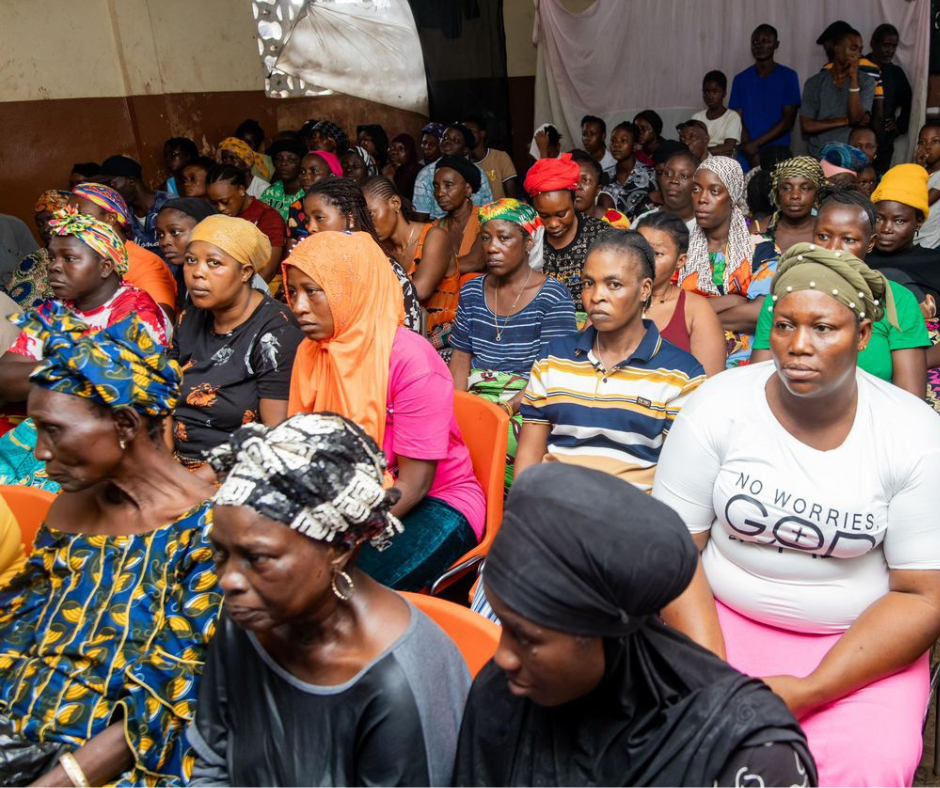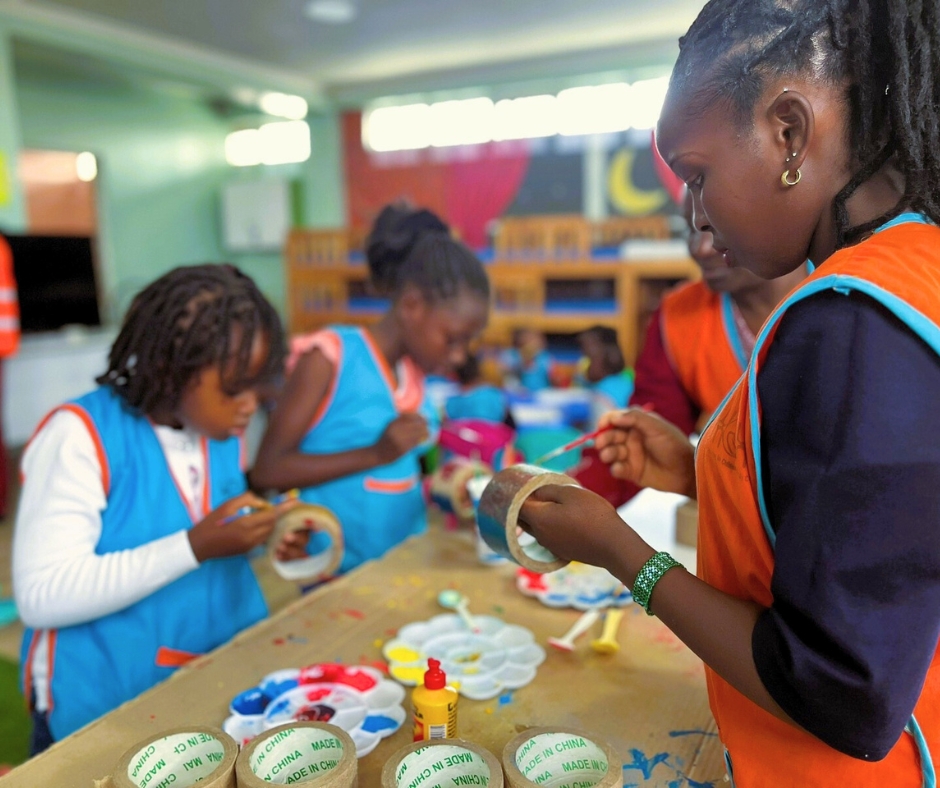
How Freetown and Nairobi Are Rethinking Urban Care Systems—And Getting Funded in the Process
Freetown and Nairobi are developing city-led responses to improve how care is provided and supported in urban contexts.
Their initiatives—selected through the first Call of the International Fund for Metropolises: Local Care Systems, which is funded by the Swiss Agency for Development and Cooperation—offer practical examples of how local governments can recognize, reduce, and redistribute care work in ways that reflect community needs and long-term goals.
Backed by €100,000 each and technical support from Metropolis, both cities are showing how care can be recognized as a key component of urban policy. Their work responds to a global challenge: the invisibility and undervaluation of care, which is often unpaid, under-resourced, and disproportionately carried out by women.
Let’s take a closer look at what each city is doing to reshape the care landscape—and what other cities might learn from their experiences:

Freetown: Building a Care Block in Susan’s Bay
Freetown is taking a practical step to ease the daily burdens of unpaid care work in Susan’s Bay, one of its largest and poorest informal settlements.The city will establish a dedicated Care Block, expanding on an existing program funded by the International Development Research Centre (IDRC). Inspired by the Care Block model pioneered in Bogotá, another Metropolis member city, this new space will provide a cluster of essential services tailored to the community’s needs—childcare, adult literacy, and skills training—with the goal of reducing the time and energy caregivers spend on care responsibilities.
By centralizing services in a single, accessible location, the Care Block aims to create breathing room for caregivers—most of whom are women—and to begin building a stronger local care economy. But the project isn’t just about infrastructure. It will also include community awareness efforts to promote understanding and participation, as well as research to better grasp local care dynamics. This includes identifying the needs of caregivers in Susan’s Bay and gaining insight into the social norms and expectations that shape how care is currently provided, valued, and distributed.

Nairobi: Empowering Governance for Enhanced Care Services
Nairobi is addressing the care economy from the inside out—starting with local government. The city’s project will focus on strengthening the knowledge and capacity of public officials working in departments linked to care. Through targeted training, the initiative seeks to equip these officials with the tools they need to design policies that are responsive to care needs, especially those that fall to women in the absence of public services.
This internal focus is paired with an external one: the city will launch broad advocacy and communication campaigns to raise awareness among policymakers and residents about the importance of care services. These campaigns will engage policymakers and the general public alike, emphasizing the importance of care services in promoting gender equity and inclusive urban development. A special effort will be made through social media to engage boys and men, with messaging aimed at encouraging their participation in care work and challenging entrenched norms that place the burden of care disproportionately on women.
Together, these interventions are designed to lay the groundwork for more sustainable, inclusive care systems that align with Nairobi’s long-term policy objectives and social goals.
Curious to learn more about the International Fund for Metropolises? Learn more at https://www.metropoliscare.org/international-fund.

